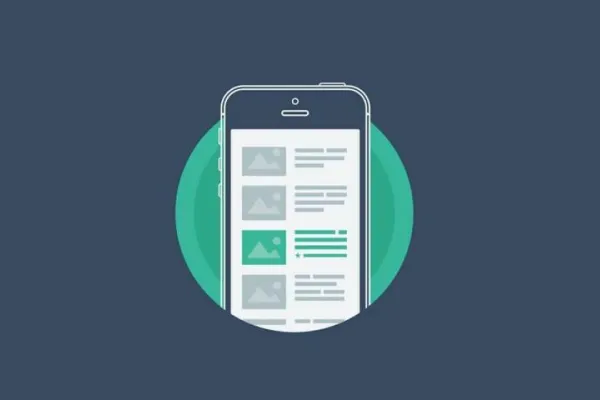 Details
Details
Data can be a powerful tool when doing native advertising. But why is that? Why do you have to take it seriously? How exactly can you use data to create better campaigns?
In this post, six experts in native advertising share their views on the use of data in native advertising. Let yourself be inspired and find out where and why you should start collecting data.
Native ad campaigns that feature original data based on your users have an element no one can duplicate.
1. Gives you insights no one can duplicate
"Not only does data indicate how audiences are responding to branded content, but it can help you craft the story you want to tell about your brand.
With data behind you and your native ad campaign, you’ll be able to better connect with the audience without ever having to push your product.
Native ad campaigns that feature original data based on your users, audience or in-house data have an element no one can duplicate. And you don’t have to mention your product once."
Clare Carr, VP of Marketing at Parse.ly
You have to ask yourself: will the target audience click on it?
2. Helps you write headlines the audience will click
"You always need to write a clear headline that states what the piece is about and what value it provides to the reader.
But more importantly, you have to ask yourself: will the target audience click on it? Because often we’re writing for audiences that are different from us. So it’s important to get into the mindset of that reader.
RELATED: "A/B Testing Is the Number One Most Missed Opportunity for Marketers"
Use the data you have about that reader, not stereotypes, to understand who they are and if this is actually a headline that’s going to be of interest to them."
Lauren Reddy, Director of Audience Development and Insights at New York Times’ T Brand Studio
Seeing what people in the industry are saying, it’s clear that data is kind of the watchword
3. Raises the bar for native and provides you with new angles
"Native advertising has come a really long way in a very short time, but there’s still a long way to go. Seeing what people in the industry are saying, it’s clear that data is kind of the watchword
What’s going to help raise the bar for native is learning how to tell stories with all the data that we create and that is created on digital platforms. Both for how content is produced, distributed, and the kind of feedback and relationship that we can have with our advertisers.
RELATED: 9 Books Native Advertisers Need to Read - and Why
Data is fascinating because packaged and analyzed in the right way, what you can learn from the data is what readers respond to and what they don’t respond to.
It gives you thoughts about where interesting angles for new stories might be that you wouldn’t have thought of otherwise."
Find out who is on your platform and who is consuming your content and where.
4. Helps you find out who your consumers are
"We have to observe what the users’ feedback is so we can see how they respond to our topics, what they do on social media if there is negative or positive feedback.
It’s all about observing when you want to gain knowledge about who they are and what they want to read.
RELATED: 6 Ways to Maximize Your Brand Presence in 2018
Then you’re gonna find out the platform’s DNA and what the readers like. You should also take a look at data and user statistics. Find out who is on your platform and who is consuming your content and where."
There is less and less reason in 2018 for us to try to guess what a piece of content or piece of creative should be.
5. Gives new creative ideas
"There is less and less reason in 2018 for us to try to guess what a piece of content or piece of creative should be.
Even if we do have better creative intuition, or even if we do think that we know what a brand should stand for better than anybody else. It is still a guess. It’s a subjective call make that guess.
RELATED: 4 Ways Humor Can Banish Content and Advertising "Boring"
Instead, we should be looking at the data. And we should be taking advantage of platforms like Snapchat and many others to put out a bunch of different ideas.
We should look at the data of how people are engaging with it, or how it’s actually driving business results, or affecting the perception of your brand. And then combine that data-driven approach in that objectivity with some type of creative vision."
Eric Fulwiler, Executive Director at VaynerMedia
Start combining the data from your content efforts with the data that you already have about your audience.
6. Breeds intelligence and wisdom
"I think the best way to start using data is first to bring it all in-house. Start combining the data from your content efforts with the data that you already have about your audience.
Because I think true intelligence and wisdom can happen when you’re starting to combine first-party data sets that can tell you more than just, “Here’s how people felt about this content piece,” or “here’s who saw it.”
You can start looking at – for example, if you are Volkswagen – “here’s who bought a car, here’s where they are, here’s their demographic data, and here’s how they responded to this new advertising that’s aimed at changing their perception of our brand."


